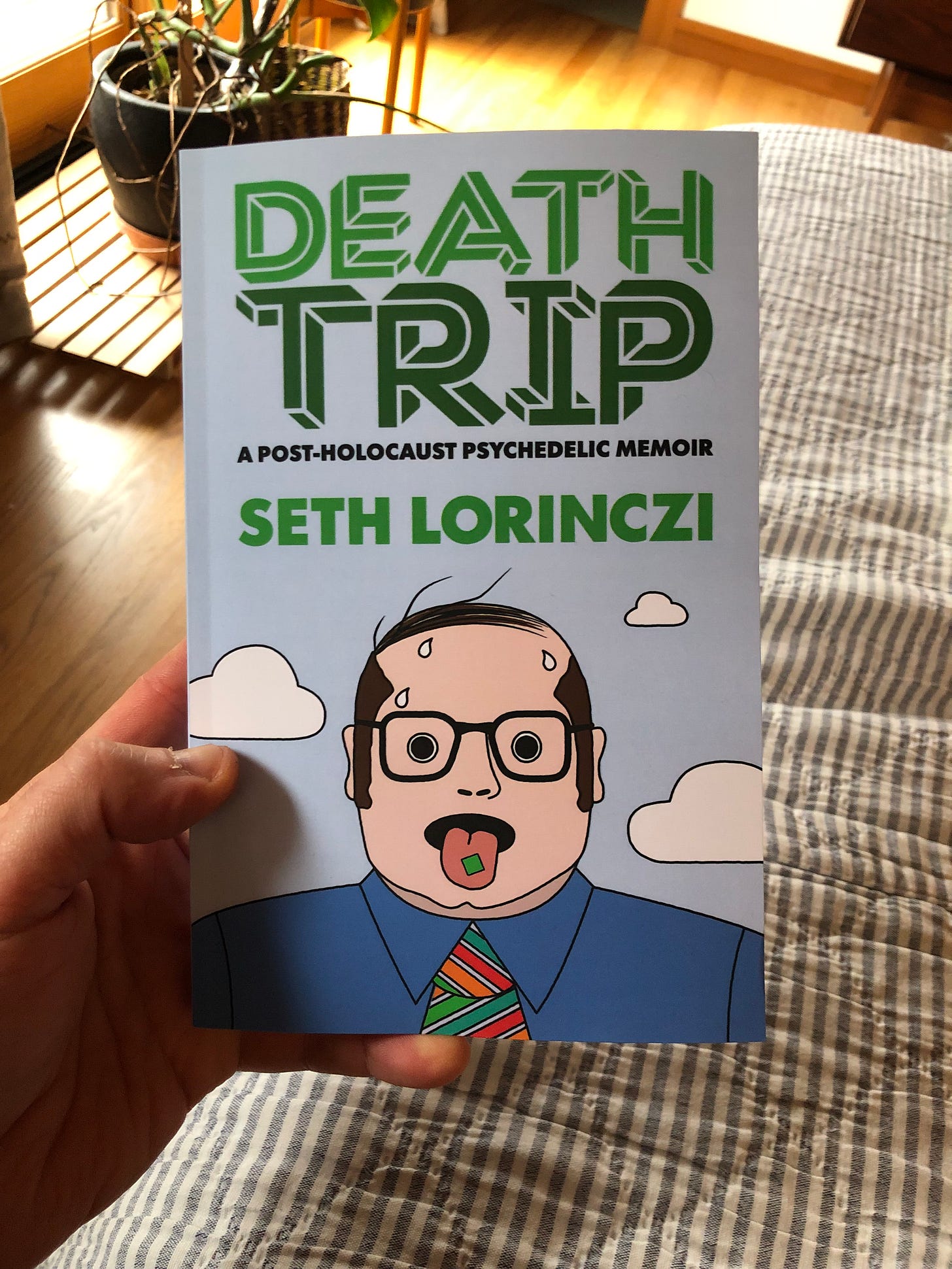The Squeeze
Seven years in, I’m finally holding my book in my hands, and I kind of feel like I’m disintegrating. That’s a good thing, actually. Here’s why.

At the sound of the doorbell I jumped to my feet and fast-walked to the door.
Peering between the blinds, I saw the towering brown flank of a UPS truck. I opened the door hoping to see Jam…
Keep reading with a 7-day free trial
Subscribe to Dispatches From the Fringe to keep reading this post and get 7 days of free access to the full post archives.


